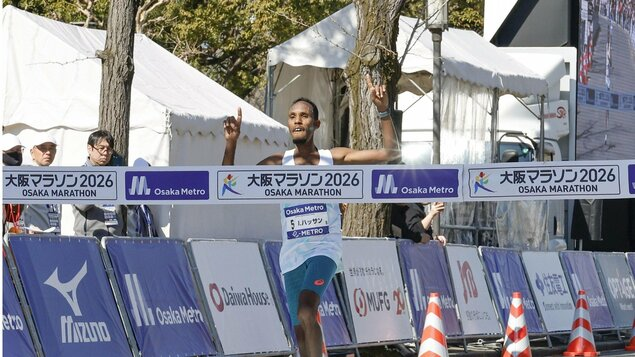A Chinese company now bases employee bonuses entirely on how many miles they run each month. Genius motivation or unfair pressure?
A company in China has found an unusual yet intriguing method to motivate its employees linking their annual bonuses directly to their physical fitness and exercise routines.
Guangdong Dongpo Paper Co., situated in Guangdong province’s bustling industrial region, has recently implemented a bonus structure based solely on physical activity, rather than traditional work performance metrics.
The creative idea originated with Lin Zhiyong, the company's chairman, who himself is deeply passionate about fitness.
Zhiyong wants his enthusiasm for health and fitness to permeate throughout his organization, pushing his employees to prioritize their own health as a way to boost their financial earnings.
How Exactly Does This Fitness-Based Bonus System Work?
According to a recent report by Guangzhou Daily, employees’ annual bonuses are determined by the number of miles they run, walk, or hike every month. Specifically:
- Employees who cover at least 62 miles per month earn an annual bonus worth 130% of their monthly salary.
- Those who manage at least 31 miles per month receive a bonus equal to their monthly wage.
To accurately monitor these distances, the company’s 100 employees log their mileage on a special app, enabling management to effectively track their progress.
Zhiyong, who gained local fame as "the first person in Dongguan to scale both the north and south slopes of Mount Everest," explained that the idea for this incentive came after more than three years of trying and failing to encourage greater fitness among his staff. He emphasized, “The longevity and success of my company depend greatly on the health of my employees.”
There’s Also a Penalty for Falling Short
Unfortunately, not everyone benefits under this structure. Employees who run fewer than 25 miles per month face a significant reduction, losing 60% of their potential annual bonus.
For employees logging only 12 miles monthly, their bonus shrinks to a mere 30% of its original value.
To motivate sustained effort, employees who hit 31 miles for six consecutive months earn themselves a new pair of running shoes a small yet practical perk to keep enthusiasm high.
Mixed Reactions and Valid Concerns
The idea has understandably drawn mixed reactions. Some workers have expressed enthusiasm for the scheme, with one employee reportedly stating, “We get to exercise and get paid it's truly a win-win!”
However, not everyone agrees. Critics have pointed out legitimate concerns, particularly around fairness and inclusivity.
Employees who physically cannot run significant distances due to age, disabilities, or pre-existing medical conditions face automatic disadvantage under the current system, as bonuses typically reward work performance, not physical capability.
Critics on Chinese social media platform Weibo were quick to express their skepticism.
One commenter humorously asked, “Is running 100 kilometers a month or over 3,000 meters daily realistic? Are employees expected to turn into professional distance runners?” Another predicted a gloomy financial outlook, noting, “Let’s watch closely I wouldn't be surprised if this company goes bankrupt within five years.”
While encouraging physical fitness in employees certainly has positive intentions, many suggest that Guangdong Dongpo Paper Co. could revise its approach by offering a wider range of qualifying physical activities.
This would create a more inclusive environment, enabling every employee regardless of ability to participate, thus boosting health without unfairly penalizing those unable to fulfill rigid running goals.
.webp)



.webp)

